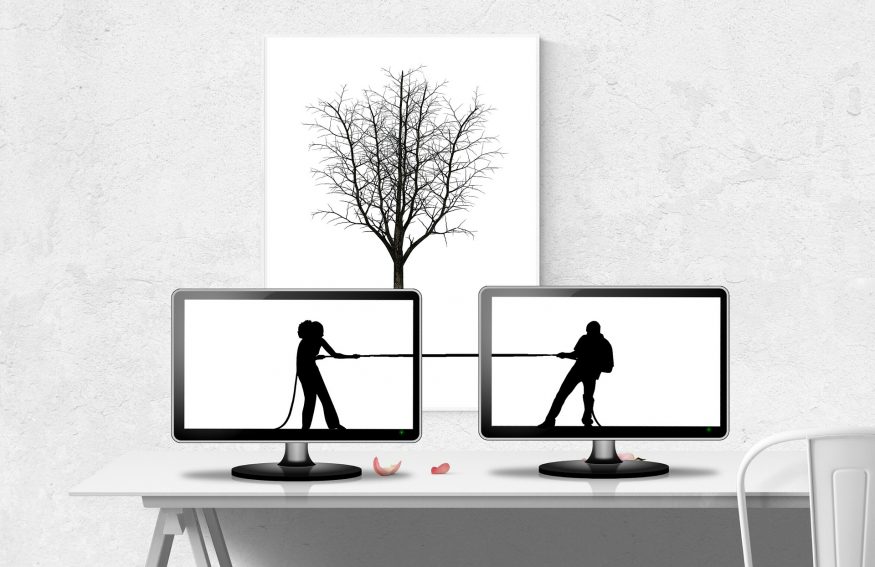
How Conflict Undermines Business and What to Do About It
Let’s start with Brexit! Here is a rich source for understanding why most things don’t work. Sometimes commentators talk about “groupthink”, although I haven’t heard it used of Brexit. Groupthink is an unassailable shared truth no-one challenges. It does not mean everyone agrees. On the contrary, it generates divisions because the shared belief is false, there is no possibility of agreement.
There is no shortage of false beliefs in the Brexit debate. But perhaps “the will of the people” is one particular. Why so? Well first, it is not the will of all the people. If we accept the result of the referendum, it is the will of 52% of the people who voted. 17 million as opposed to 16 million, out of population of 60—70 million. John Stuart Mill warned about the dictatorship of the majority. It is always a hazard.
Worse is the practicalities of pinning down the will of the people. Most people, myself included, are very bad at working out what we want about anything, let alone an issue as complex as Brexit. We change our minds about stuff, all the time. Representative democracies entrust decision making to informed politicians, accountable through voting. It is decidedly not that people are stupid for voting the way they did.
And actually we don’t know why people voted the way they did – on either side. When people say the (small) majority all meant the same thing – there is no evidence they did. And if they were such a coherent group of people, with a crystal clear understanding of all the issues and had the poll positions been reversed why should 16 million be less persuasive than 17?
The will of the people is a powerful debating tool, used to manipulate people on the other side of the debate. Brexit repays study because conflict is one common reason businesses fail. Perhaps freelancers don’t find this so much but even they can play a blinder from time to time.
How to Make Enemies
Come off it! You are perfectly capable of making enemies without help from me. Indeed there is a basic type of non-directive consultancy called a case. A case is where someone triggers conflict and needs help to resolve it, so the whole community can move on.
Any community entrenched in dispute ties up energy. Businesses are vulnerable and so are community groups, schools or churches. Very often shared assumptions create division and it is a painstaking task to track back and work out what they are, let alone how to resolve them.
Managing Other Peoples’ Conflict
People trained in mediation may be able to help. But pity the poor manager, minister of religion or headteacher who enters a situation where there is entrenched conflict. They might see where shared erroneous beliefs lie but what are they to do?
The worst thing they can do is plough on regardless.
Tasks and Issues
“Tasks and issues” is a useful tool. To assess a situation, make two lists.
The first is a list of tasks, things that need to be done. Start these with the word “To”: To
- move the font to the left of the pulpit.
- improve performance on phonics in Year 3.
- start a Facebook advertising campaign.
So far so familiar. The second list is for issues. These begin with words such as “conflict between” or “disagreement between”:
- Conflict between those who want to move the font and those who have to apply for a faculty, remembering what happened last time.
- Disagreement between Year 3 staff about the best way to improve performance.
- Conflict between staff who want to use social media for marketing and those who point to the proven success of traditional marketing methods.
These are examples from different organisations. Your lists will be from a single organisation. The key question is: do you have issues likely to prevent, delay or subvert your tasks? If so, how serious are they?
If possible, address the issue before the task. Ploughing on with a task when there are powerful groups opposed is a recipe for failure. On paper this may seem obvious. But it isn’t obvious because if it were, people would do it!
We have seen this played out in the Brexit debate. The closeness of the referendum debate matters. And up to the time of writing it has been ignored. My prediction is the nation cannot move forward until the issue is resolved. You can’t ignore such a close result.
People are more likely to be interested in tasks than issues. The temptation when facing opposition is to pack it in. And that’s another reason for failure – lack of patience.